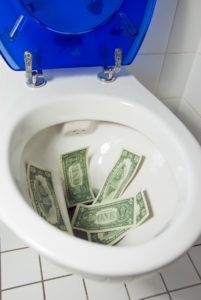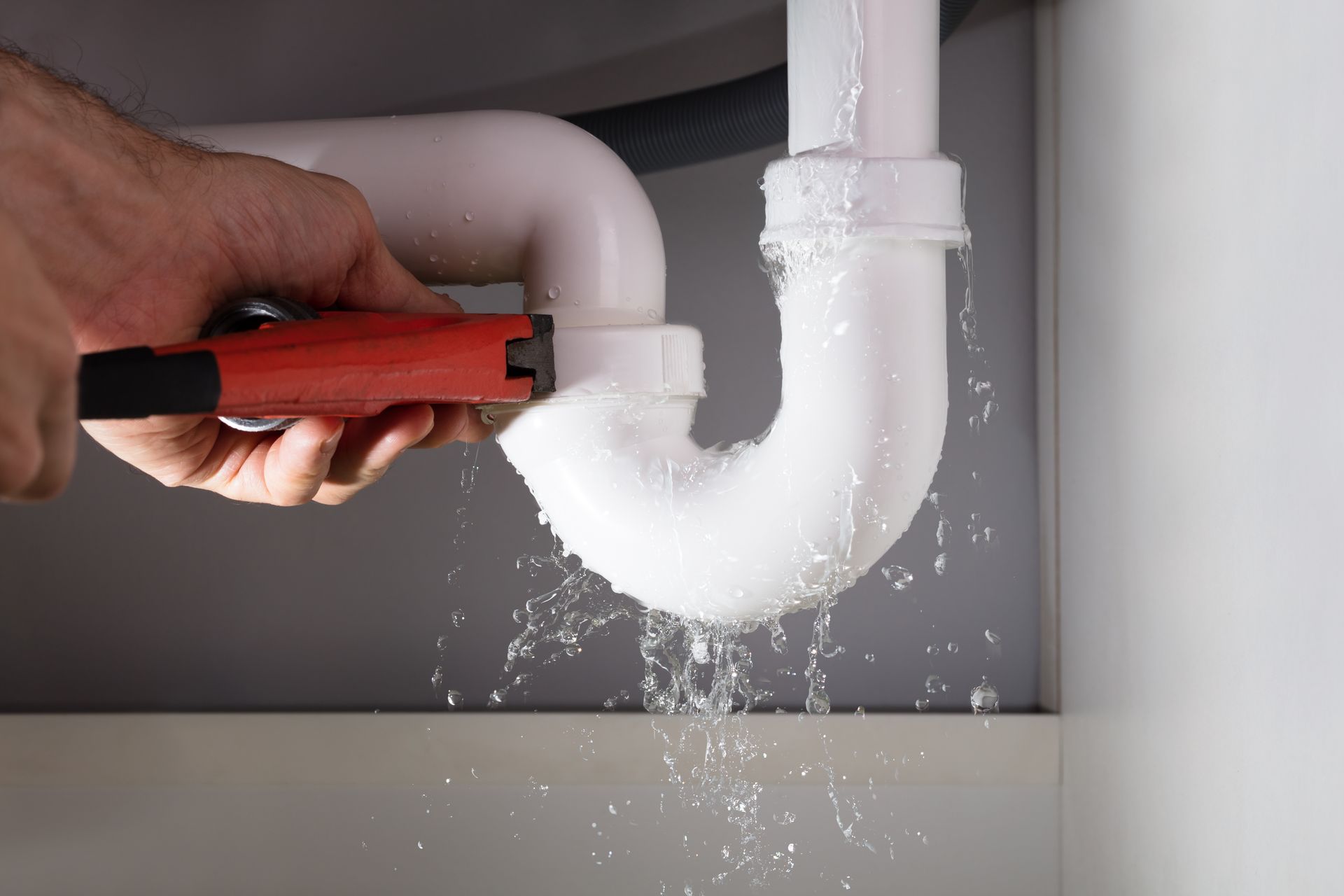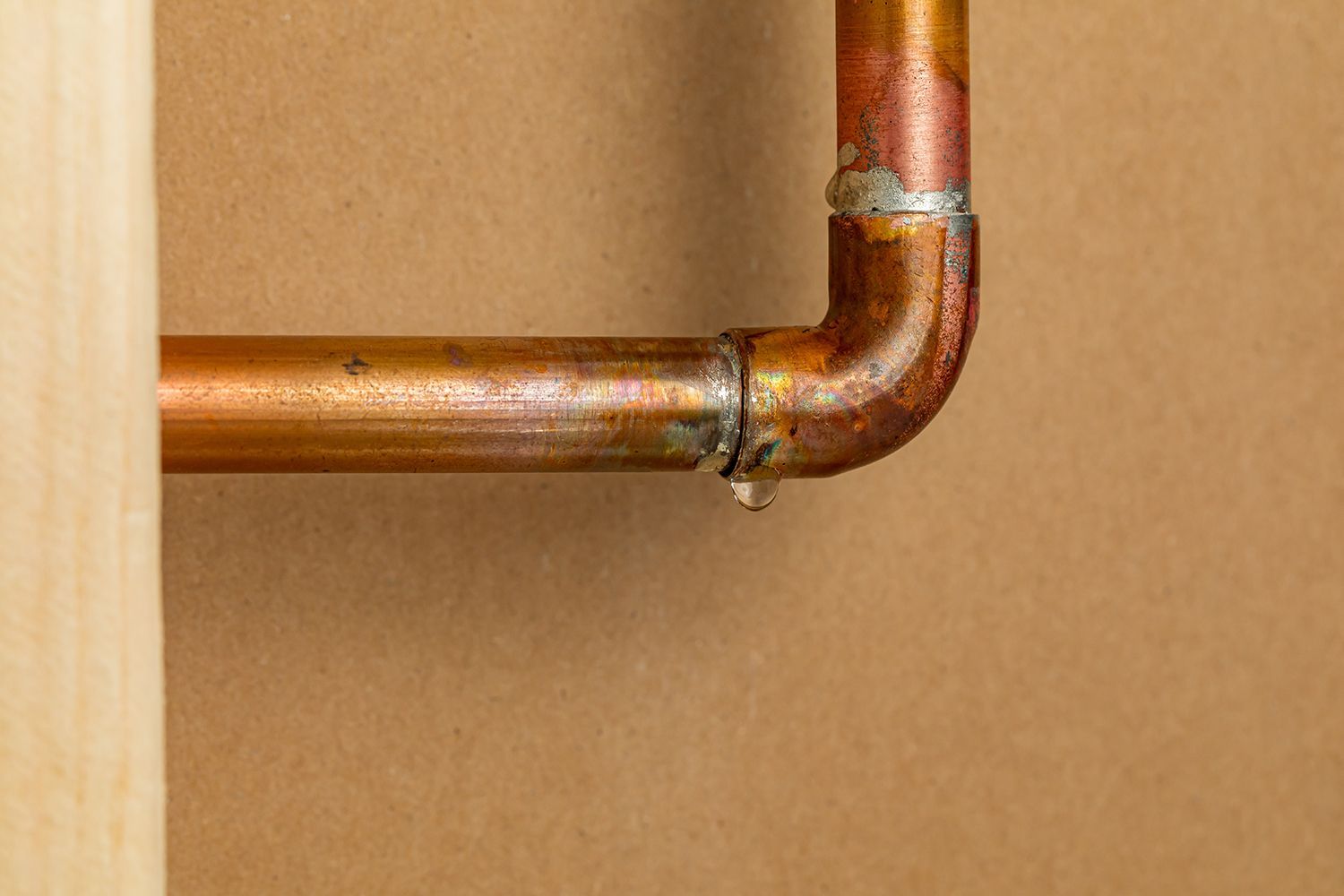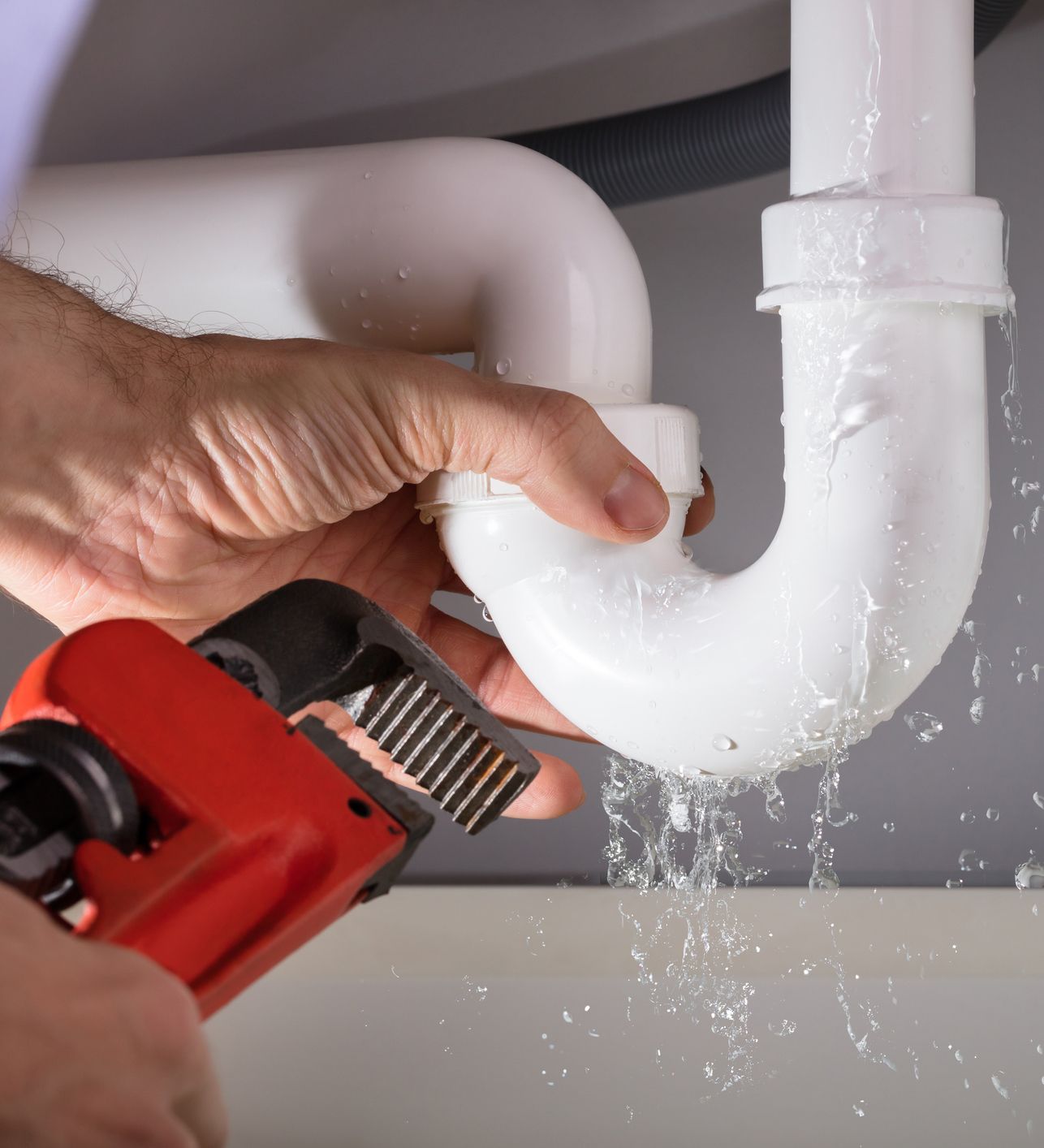What’s The Big Deal About Flushing Tissues And Paper Towels Down Your Toilet?

It’s bound to happen at some point—you’re taking care of business only to discover that you’re fresh out of toilet paper. But it just so happens that you have a roll of paper towels or a box of facial tissues nearby. Nature’s calling, and at that point, substituting tissue or paper towels for toilet paper doesn’t seem all that terrible. Unfortunately, doing just that could be more dangerous for your toilet than you think.
How Toilet Paper, Tissue, and Paper Towels Differ
At first glance, it may seem like there’s not much difference between toilet paper, facial tissues, and paper towels. In fact, the latter two offer their own unique advantages: facial tissues are designed to be gentle on bare skin while paper towels offer higher absorbency and durability. So when push comes to shove, why not use tissue or paper towels instead of regular toilet paper?
The answer lies in the overall makeup of the three. Unlike paper towels and facial tissue, toilet paper is specifically designed to dissolve quickly inside your toilet. This feature cuts down on the likelihood of severe clogs stemming from ordinary use. Unless you decide to use a lot of toilet paper, it’s unlikely that you’ll ever clog up your toilet with toilet paper under normal circumstances.
Meanwhile, paper towels don’t dissolve in water nearly as well due to their creped and embossed surface. These are also the same traits that make paper towels highly absorbent. Napkins and facial tissues are nowhere near as absorbent, but their soft, silky surface also makes them harder to dissolve in water than your average toilet paper.
How Substitution Could Cause Plumbing Problems
Using paper towels or facial tissues in lieu of toilet paper might seem like the best choice sometimes, but it’s also one that could affect your toilet in many ways. For starters, paper towels, tissues, and other paper products not meant for your toilet can get stuck within the toilet itself. This usually happens within the toilet trap—the S- or P-shaped bend located below your toilet bowl.
These paper products can also get stuck farther down the main stack, resulting in a clog forming inside the actual drain instead of the toilet itself. A clog resulting from the use of paper towels, tissues, or napkins instead of toilet paper can cause the toilet to flush sluggishly, if it can even flush at all.
Tissues and paper towels can wreak absolute havoc on your plumbing if your home relies on a septic tank. It’s not unusual for tougher tissues to get tangled up in sewage pumps meant to break down and push waste through your septic system. These paper products can also languish inside septic tanks along with other solid waste, since they don’t break down easily or in a timely manner.
How to Respond If You Have Plumbing Issues
If your use of paper towels or facial tissues eventually leads to a plumbing issue, then your best bet is to call for and wait on a professional to deal with the problem. In most cases, a plumber should be able to break up the clog using a plumber’s rodding machine, but some cases involve more extensive work. Particularly bad clogs can require the plumber to remove the entire toilet from its drain in order to pinpoint the clog.
Once your plumber takes care of the blockage, you should have your toilet inspected for any further damage. At this point, you may want to stock up on toilet tissue so you won’t run into this issue again.
How to Steer Clear of Other Clogs
It’s not just paper towels or facial tissues that can give your toilet the fits. There’s actually a wide range of other items and materials that have no business being sent down your toilet. These include:
- Disposable wet wipes. In spite of their name, these wet wipes aren’t exactly meant to go down your toilet. Like paper towels, wet wipes are simply unable to break down properly, leaving behind fiber scraps that could clog your toilet.
- Cat litter. Clay cat litter tends to expand when exposed to large quantities of water, so flushing litter could quickly lead to a clogged toilet.
- Sanitary napkins. Panty liners, pads, tampons, and the like can swell several times their size when exposed to water, so they are unsuitable for flushing.
- Disposable gloves and other latex products. These products aren’t biodegradable, meaning they can persist inside your home septic or municipal sewer system for long periods of time.
- Drain cleaner. Chemical drain cleaners may be able to break up certain clogs, but they can also eat away at metal or cast iron pipes, leading to weaker plumbing.
When it comes to the above items, you should save yourself time and effort and toss your trash into the garbage.
Using paper towels and other paper products instead of regular toilet paper can be an act of desperation. If you use products that are bad for your toilet and subsequently have plumbing issues, you can always turn to Jim Dhamer Plumbing and Sewer, Inc. to tackle your plumbing problems head on.
The post What’s The Big Deal About Flushing Tissues And Paper Towels Down Your Toilet? appeared first on .
Leave A Reply
More Posts









